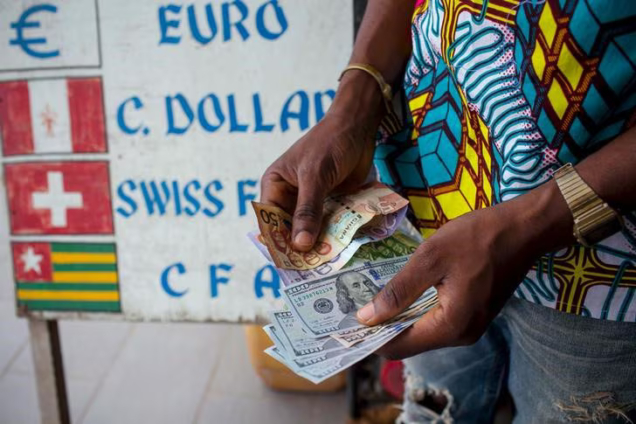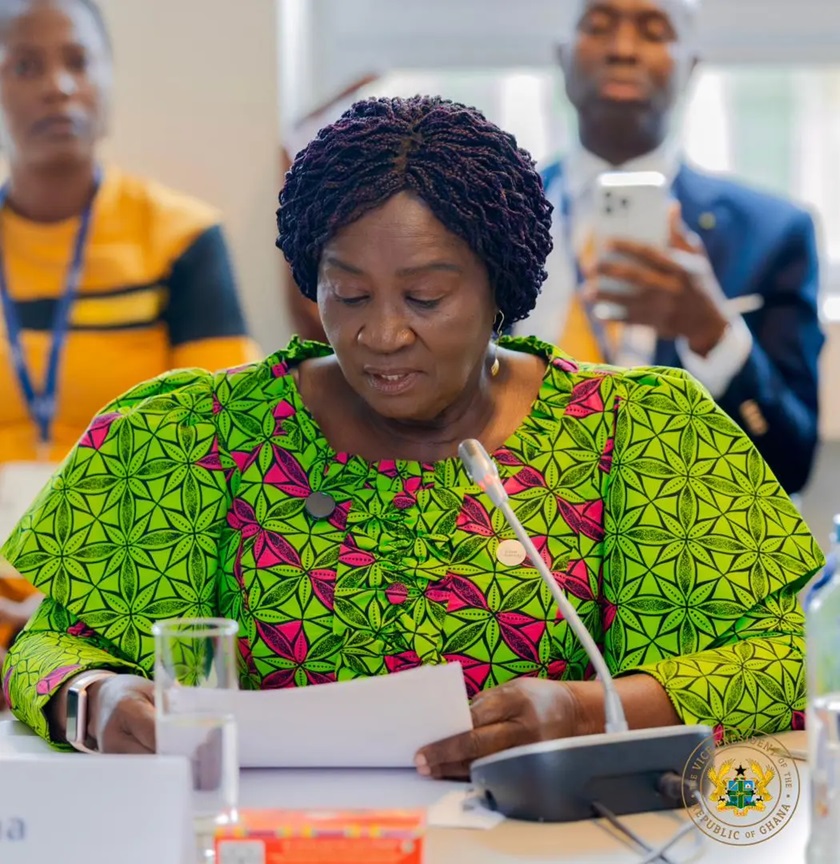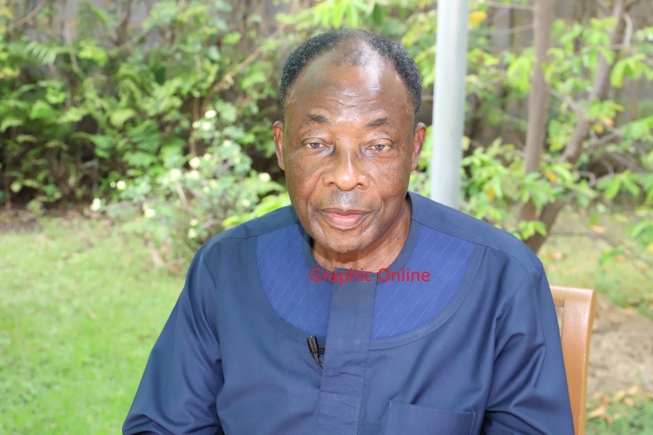Ghana’s cumulative foreign exchange interventions since the height of its 2022 economic crisis have surpassed $7.4 billion, according to IMF data analyzed by JoyNews Research.
The figures reveal that the Bank of Ghana (BoG) injected about $1.9 billion into the forex market in 2022, followed by $1.1 billion in 2023. The Central Bank then sharply increased its interventions to $3 billion in 2024, and an additional $1.4 billion in just the first quarter of 2025.
Earlier this month, the BoG announced plans to release another $1.15 billion under its Domestic Gold Purchase Programme (DGPP) — a move that underscores the Bank’s determination to stabilize the local currency amid ongoing global and domestic pressures.
If fully implemented, this year’s total forex injection could exceed $2 billion, with the funds distributed through twice-weekly, price-competitive spot auctions open to all licensed banks.
Following the announcement, the cedi appreciated by about 2.5%, signaling renewed investor confidence in the Bank’s strategy. Analysts predict that sustained inflows from offshore investors and a more liquid interbank market could help offset strong dollar demand from the energy, services, and manufacturing sectors in the final quarter of 2025.
Foreign exchange support has surged dramatically in the past two fiscal years, accounting for over 60% of all interventions made in the last four years. This unprecedented level of support has helped underpin one of the strongest performances of the cedi in recent history.
According to the World Bank’s 2025 Africa Pulse Report, the Ghana cedi was the best-performing African currency against the U.S. dollar during the first eight months of 2025, appreciating by more than 20% year-to-date.
This rally has been driven by a combination of factors — including BoG’s aggressive forex interventions, higher export earnings from gold and cocoa, and robust remittance inflows.
Data tracked by JoyNews Research suggest that with the latest DGPP injections, total forex interventions since 2022 could reach $8.6 billion. The Central Bank attributes this sustained performance to strong inflows from gold and cocoa exports, as well as steady remittance receipts.
Gold, in particular, has become a critical lifeline for Ghana’s external sector. With prices recently hitting an all-time high of $4,000 per ounce, the Bank has been able to generate significant foreign exchange without excessively depleting its reserves.
Ghana is projected to retain its position as Africa’s top gold exporter, with export revenues expected to exceed $15 billion by the end of 2025 — representing roughly 65% of total export earnings.
This resource windfall has strengthened the Central Bank’s capacity to sustain market interventions while maintaining a healthy reserve position. The IMF’s latest Staff-Level Approval Report commended the Bank’s “structured foreign exchange operations framework” designed to smooth market volatility while continuing to build international reserves.
Ghana’s reserves now stand at $10.7 billion, equivalent to about 4.5 months of import cover, with the IMF noting that reserve accumulation continues to exceed ECF program targets, even as the cedi has appreciated significantly in the first half of the year.
Historically, most of BoG’s interventions occur towards the end of the year. In 2024, for instance, nearly 67% of the $3 billion injected into the market came during the last four months, coinciding with the election period.
While these interventions have provided much-needed short-term stability, they raise a key question: How sustainable is Ghana’s reliance on gold-backed forex interventions to defend the cedi?
Economists warn that depending heavily on commodity exports exposes the economy to global price volatility, emphasizing the need for a more diversified and resilient foreign exchange framework.
For now, the Bank of Ghana’s decisive policy actions have given the cedi a rare moment of strength — but maintaining that momentum will depend on how effectively the country converts its export windfall into long-term economic stability.
Source: myjoyonline.com






